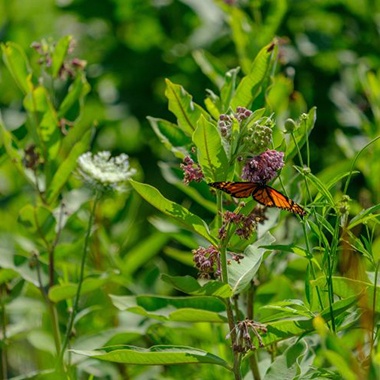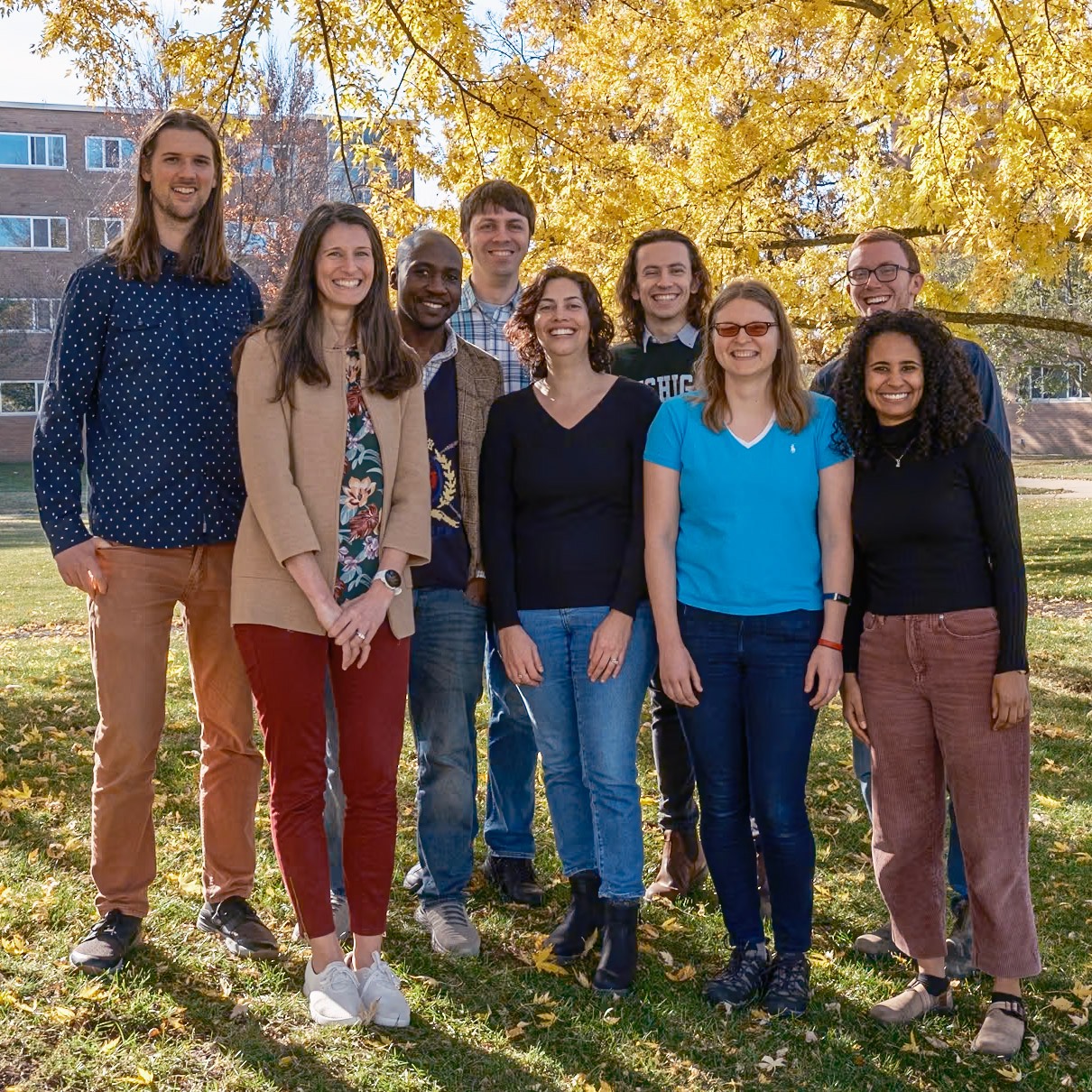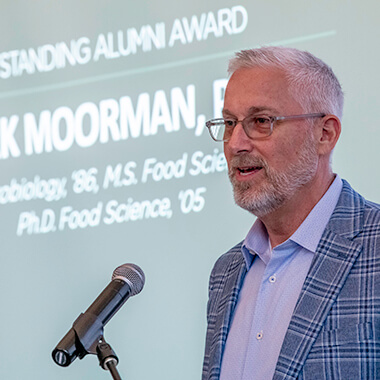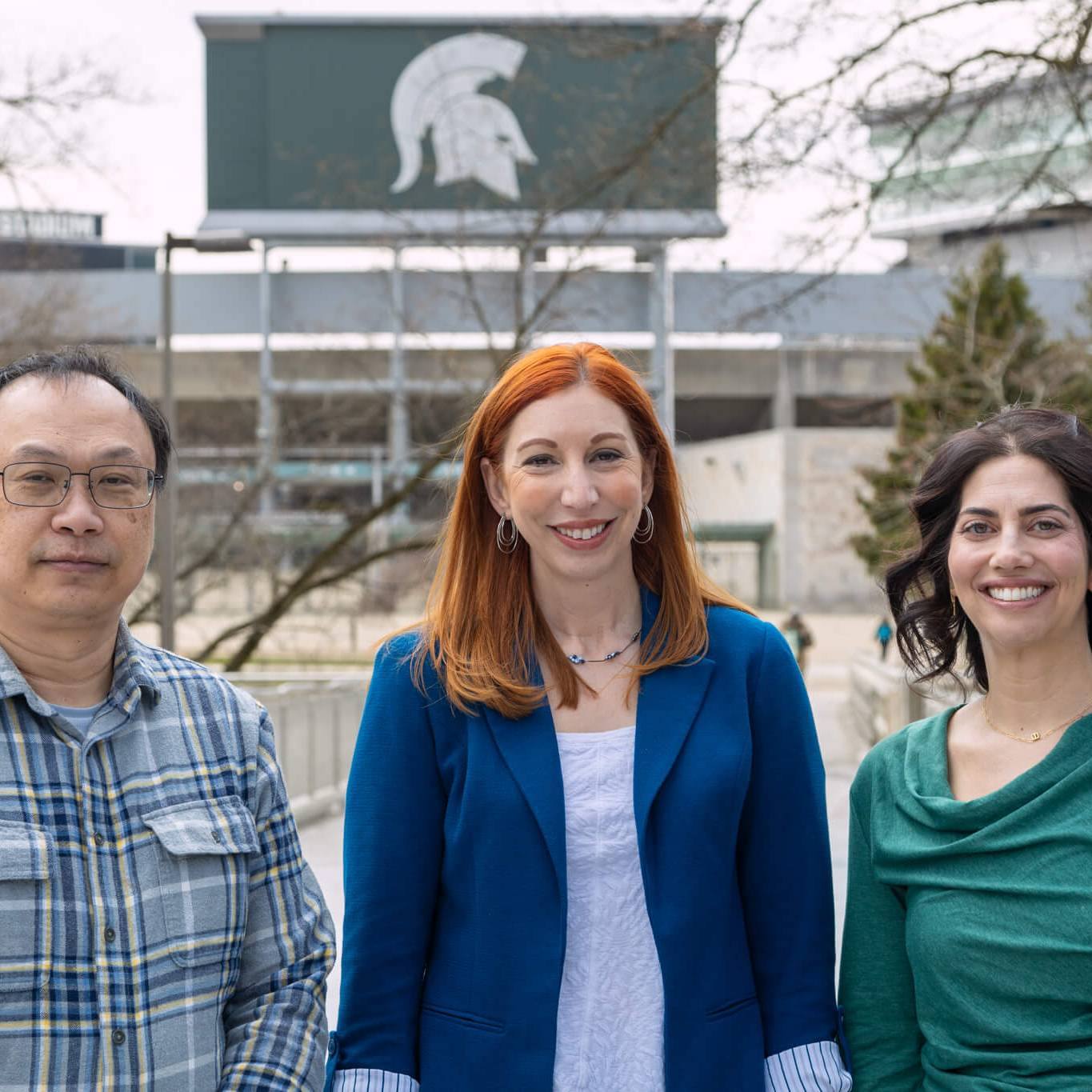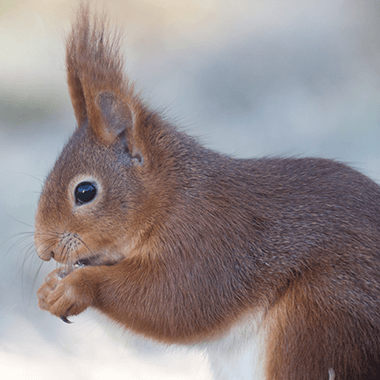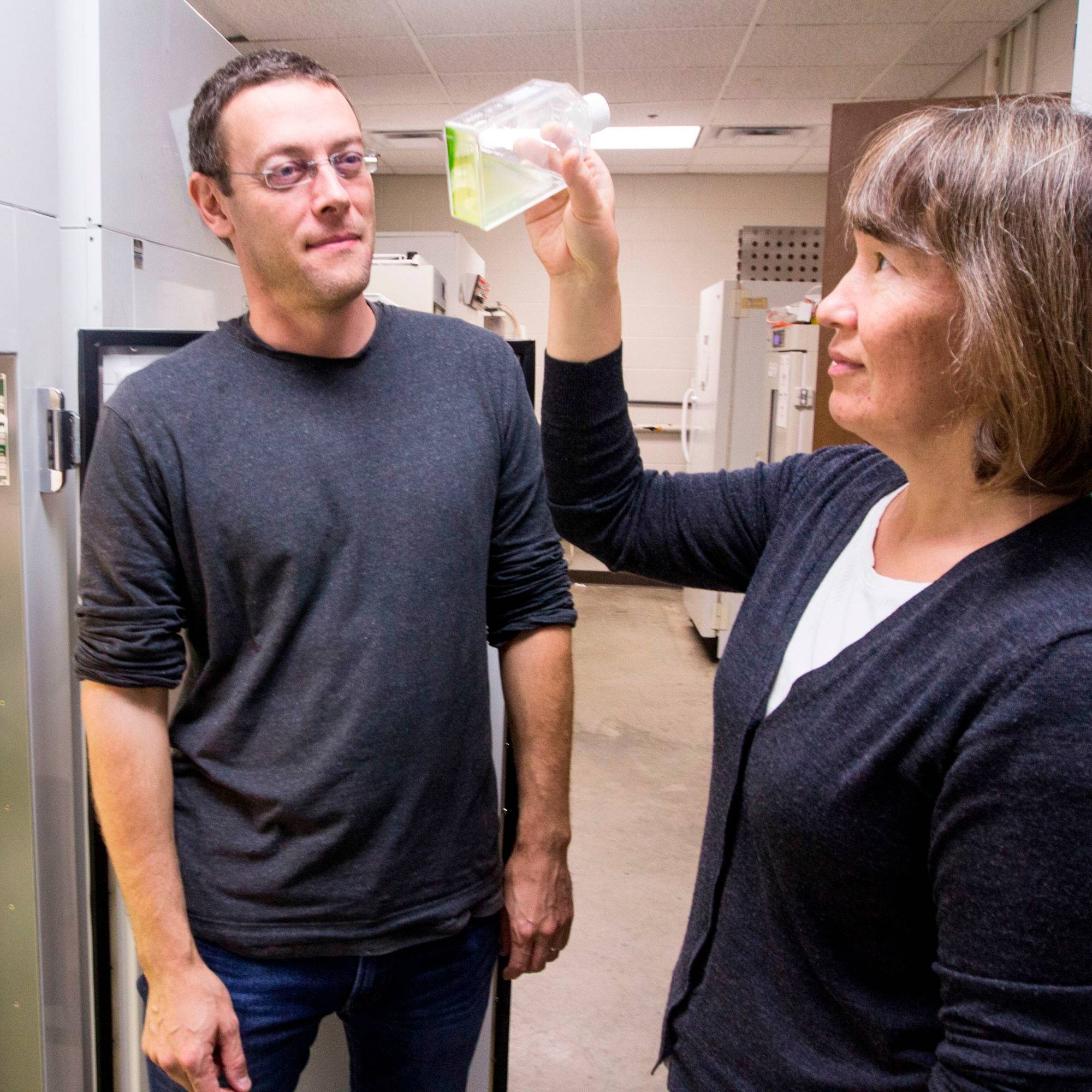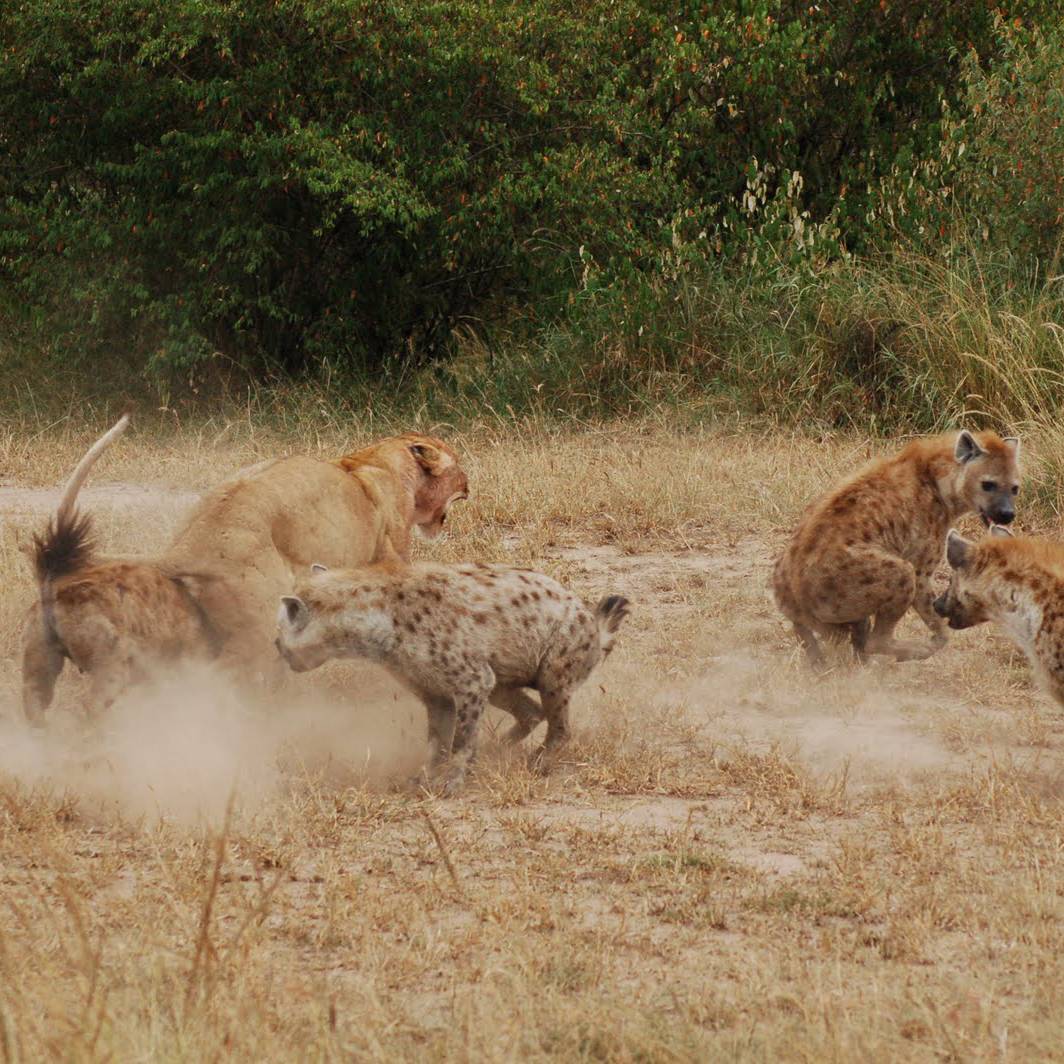News
July 8, 2024
Soranno, an ecologist, will lead a chapter for this first-ever report to examine impacts of lost land, waters and wildlife.
June 24, 2024
A team led by MSU researchers has revealed the leading cause of butterfly loss in the Midwest
May 14, 2024
Researchers from the Zipkin lab look back at a century of change in statistical ecology.
April 23, 2024
The College of Natural Science’s annual event honored its outstanding alumni, faculty and students.
April 18, 2024
Elise Zipkin, director of the Ecology, Evolution, and Behavior, or EEB, program and an associate professor in the Department of Integrative Biology, was bestowed the title Red Cedar Distinguished Professor in February. Zipkin joins the second cohort of appointees following the award’s creation in 2022.
March 28, 2024
McGraw is the new chair of the Department of Integrative Biology, bringing “new dimensions of scholarship and leadership” to the university.
March 28, 2024
Spartan researchers show deep biogeographic divides drive divergent evolutionary paths
February 15, 2024
Researchers at Michigan State University and the Carnegie Institution for Science have published a paper in Science detailing a model that connects microscopic biology to macroscopic ecology.
February 8, 2024
Kay Holekamp, wrold-renown behavioral ecologisst & university-distinguised professor in integrative biology, sheds light on the complexity and adaptability of the spotted hyena in this National Geographic article by Christine Dell'Amore.
January 30, 2024
A new paper from MSU professor Richard Lenski provides an update on a 35-year long study on evolution in bacterial colonies.

